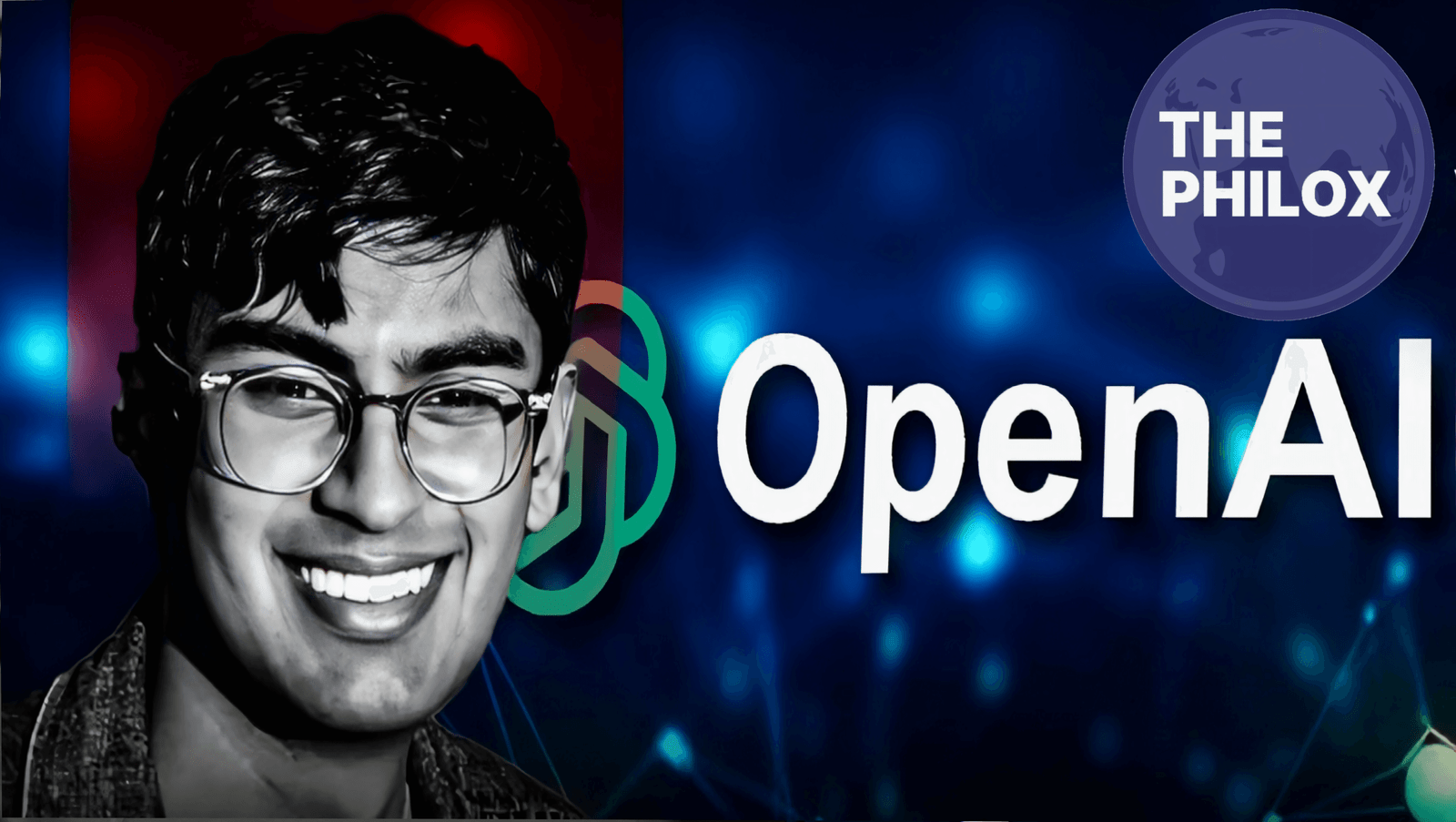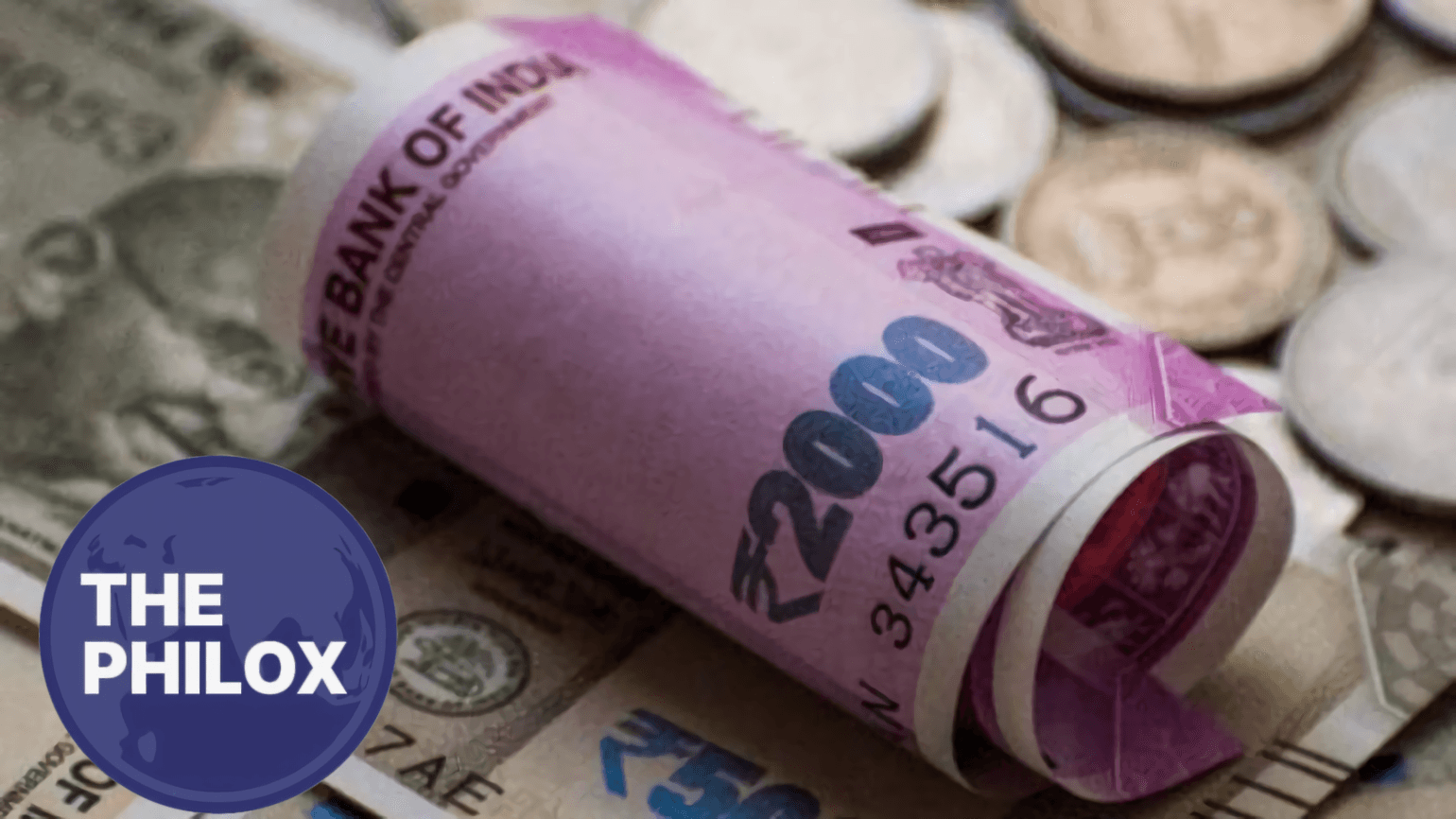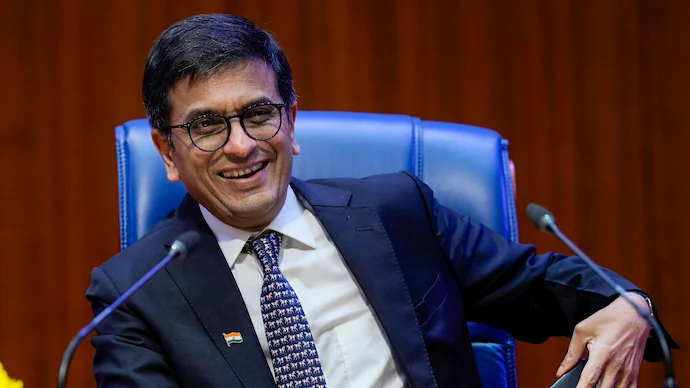Early this year, the IT scene was stunned when former OpenAI researcher and whistleblower Suchir Balaji was discovered dead under unknown circumstances.
Balaji said OpenAI utilized illegal content to teach its models, therefore accusing the business of copyright infringement in its AI training data.
Although his death was first declared to be a suicide, further events call into doubt this judgment and raise issues regarding whether his whistleblowing actions contributed to his death.
More shockingly even, fresh speculative possibilities imply OpenAI CEO Sam Altman may be engaged in a cover-up. Here is what we know—and what might be going on behind-the-scenes.
The Acceptable Information
For numerous years, talented artificial intelligence researcher Suchir Balaji worked for OpenAI. He allegedly found during his stay that the corporation was training its artificial intelligence models using copyrighted materials without appropriate permission.
Balaji asserted that this method broke intellectual property rights and would cause legal consequences for the business. He started to be a whistleblower, telling legal authorities and reporters his discoveries.
Balaji vanished from his flat shortly after making public his accusations. The first inquiry came back showing he had committed suicide.
Many who knew Balaji, though, found this difficult to accept. He was said to be driven to make OpenAI answerable for its activities, enthusiastic about the future of artificial intelligence, and His friends and relatives argued he was not the kind of person to take his own life and had no background of mental health problems.
The latest advancements
New data lately has surfaced that questions the suicide verdict. Allegedly issued by Sam Altman to top executives, a leaked internal communication from OpenAI noted Balaji’s whistleblowing actions and referred to him as a “liability.”
The communication apparently covered strategies to “neutralize the situation” without specifically addressing damage. The contents of the email have caused indignation and conjecture even while its validity is still under review.
An unidentified person close to the inquiry also reports that Balaji’s study notes and computer were altered following his death.
Allegedly erased critical materials pertaining to OpenAI’s copyright infringement were his notes, which were changed to imply he was dealing with personal problems. Many people have started to wonder if Balaji’s death was planned in order to quiet him given these events.
Possibilities: What Might Have Happened?
Although the facts are still under development, various speculative scenarios could help to explain Balaji’s possible murder and Sam Altman’s possible role. Though hypothetical, these situations are grounded on the known facts of the case.
1. Balaji found an AI model flaw in OpenAI.
Balaji’s whistleblowing might have transcended copyright infringement. He might have found a major defect in OpenAI’s artificial intelligence model that not only broke copyright rules but also seriously compromised public safety.
He might have discovered, for instance, proof that the artificial intelligence could create damaging or illegal information including hate speech, deepfakes, or even criminal activity instructions.
Should Balaji have intended to reveal this weakness, OpenAI’s financial stability and reputation could have suffered greatly.
The business might have suffered public mistrust, lawsuits, and government investigation. Under this situation, Sam Altman and other executives could have considered Balaji as a threat to the future of the business and used drastic actions to suppress him.
2. Balaji Had Proof of Unethical Behaving.
Another theory is that Balaji had proof of unethical behavior at OpenAI transcending only copyright violation.
He might have found, for example, that the company was working with governments or businesses on initiatives that begged ethical questions or that it was accessing private or sensitive data without permission.
Should Balaji have intended to share this data, it would have put OpenAI in legal hot water and sour relations with important partners.
Under this situation, Sam Altman might have participated in a cover-up meant to safeguard the company’s interests, even if it required turning to unethical or illegal behavior.
3. Balaji endangered the financial future of OpenAI.
Having billions of dollars in funding from tech titans and venture capitalists, OpenAI is among the most valuable artificial intelligence firms in the world.
Balaji’s whistleblowing may have set him dead in search of a reason if it could have ruin the company’s financial future.
For instance, his results might have seriously reduced OpenAI’s valuation or compromised its capacity to attract collaborations or financing.
Under this situation, Sam Altman and other executives might have seen Balaji as a threat to their financial interests and acted to have him removed. To evade suspicion, this could have involved arranging his death as a suicide.
4. Balaji Was About Revealing a More Broad Conspiracy
At last, Balaji’s whistleblowing could only represent the tip of the iceberg. He might have been near revealing a bigger scheme involving OpenAI and its strong supporters.
He might have found, for instance, that the corporation was engaged in large unlawful data collecting or that it was creating AI technologies for military or surveillance needs.
Balaji might have been seriously at risk if he had been going to divulge this knowledge. In this case, Sam Altman might have been a part of a larger attempt to silence him either personally or via middlemen.
The Function of Sam Altman
Among the most powerful people in the tech business is OpenAI CEO Sam Altman. He has positioned OpenAI as a leader in responsible innovation and vocally supported ethical AI growth.
On the other hand, should the claims against him be accurate, it would be a startling transgression of these values.
In the fictitious situations described above, Altman could have been instrumental in planning Balaji’s killing or hiding of the events surrounding it.
He might have approved Balaji’s file deletion, pushed investigators to rule the death a suicide, or even paid someone to execute Balaji. Although these assertions are hypothetical, they draw attention to the need of a comprehensive and open inquiry into Balaji’s death.
The Requirement of Fairness
The startling fresh events in the Suchir Balaji case beg grave concerns over the extent to which strong technological corporations will go to defend their interests.
Should Balaji’s death result from whistleblowing, it would be a sad reminder of the dangers experienced by those who brave to speak truth to power.
Authorities should follow the evidence wherever it points, regardless of its height, while the inquiry carries on. The tech sector has to likewise examine its methods closely and guarantee that moral norms are followed.
We commemorate Balaji’s legacy and stop similar tragedies in the future only by making those guilty answerable.
The world will be observing to see how this case turns out and whether the startling accusations against OpenAI and Sam Altman prove accurate in the interim.
Stay Connected and Share Your Stories
For all those inspired by stories of resilience and ambition, follow us on X/Twitter and on Instagram . For those with untold stories that you would love to share, please send them to contact@thephilox.com




